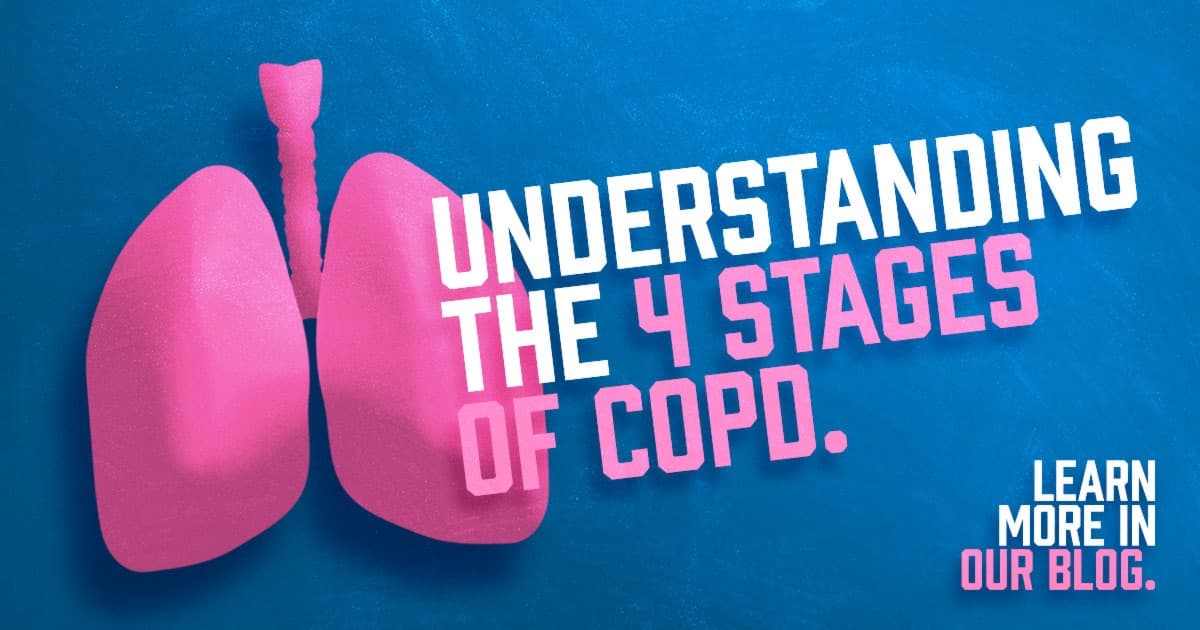Chronic obstructive pulmonary disease (COPD) is a group of diseases that affect the lungs and cause breathlessness. The Global Initiative for Chronic Obstructive Lung Disease (GOLD) scale determines the stage of COPD for a person. The scale considers several things before classifying an individual’s COPD into four stages: mild, moderate, severe, and very severe.
Stage 1: Mild
The GOLD system bases the severity stage on several things:
- Your symptoms
- How many times you’ve had a COPD exacerbation (worsening of symptoms)
- Number of times you’ve been hospitalized due to your COPD
- Results from spirometry, a test that checks the amount of air and speed that you can exhale
COPD takes years to develop and, in most cases, goes unnoticed until symptoms begin to interfere with daily life. During this stage, you may feel out of breath during light physical activity. You may also have a hacking cough that produces mucus. Diagnosing COPD early could help motivate smokers to stop and potentially dramatically improve their future with available medications and rehab programs.

Stage 2: Moderate
In this stage, shortness of breath is more evident while doing daily activities, along with an increase in coughing and mucus production. Pulmonary rehabilitation may be an option for you at this stage. This therapy helps you exercise your lungs to improve your health and strengthen your ability to be more active.
Stage 3: Severe
The impact on the quality of your life is significant at this stage. Infused or inhaled medications are often necessary for frequent exacerbations to help a person breathe easier. Symptoms include:
- Worsening in shortness of breath that occurs more often
- Frequent coughing or wheezing
- The mucus becomes thicker and increases in the amount
- Extreme fatigue or weakness
- Feelings of confusion or forgetfulness
Stage 4: Very Severe
Very severe COPD causes shortness of breath in almost anything you do and limits your mobility. The lack of airflow starts to affect the heart and circulatory system. Breathing difficulties become life-threatening. Oxygen therapy may improve oxygen levels via a portable oxygen tank.
Research Continues to Move COPD Options Forward

COPD is not a one-size-fits-all disease. Clinical research studies are a fundamental part of advancing therapies and improving the lives of those with COPD. Individuals with COPD are needed for enrolling research studies looking into new options here at Florida Institute for Clinical Research. Get involved today and call us at (407) 658-0966 or visit our website.
References:



